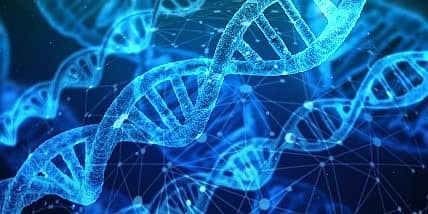
Watertown announced yesterday that due to the COVID-19 emergency they will be postponing the effective date of their new regulation (Biotechnology and the Use of Recombinant DNA Molecule Technology) from May 1 until July 1, 2020. Existing facilities located in Watertown will have one year from the effective date to come into compliance.
Overall, the new regulation is similar to other cities and towns in the area. One difference is that Watertown will be regulating non-recombinant DNA (rDNA) research involving biologic agents at Biosafety Level 2 (BSL-2) and Biosafety Level 3 (BSL-3). (BSL-4 work is prohibited in Watertown.) Examples of agents at BSL-2 include non-recombinant work with Salmonella enterica, Staphylococcus aureus, Hepatitis B, and Herpes Simplex Virus. BSL-2 agents can also include toxins of biological origin requiring BSL-2. In comparison, Cambridge, Lexington, and Boston only regulate biologic agents at BSL-3.
The Watertown regulations do not apply to finished products which contain rDNA molecules and which have been approved by other government regulatory agencies for medical or other purposes. In addition, medical facilities using rDNA materials for diagnostic testing are exempt from the regulations.
Exempt rDNA Work
Low risk facilities may conduct rDNA work without a permit provided that they register with the Watertown Biosafety Committee (WBSC). A low risk facility is one that creates, propagates, imports or uses rDNA in any form where:
- The experiments are all exempt from the NIH Guidelines under Section III-F; or
- Users are not constructing rDNA organisms but are merely propagating them.
The written registration includes a description of the proposed work and an assurance that it will be carried out according to the NIH Guidelines. In addition, a description of the annual and refresher laboratory safety training must be provided. A registration fee of $100.00 is required for the initial registration and at the time of annual renewal.
Non-Exempt rDNA Work and Work with Biologic Agents
Companies planning to conduct rDNA work that is not exempt, or non-rDNA work with BSL-2 and BSL-3 biologic agents, must obtain a permit from the Board of Health. A permit application needs to be submitted along with supporting documentation that includes:
- Plot plan showing the proposed location of the facility and a floor plan showing the layout
- List of all organisms used with containment levels, and decontamination procedures
- Description of the screening process to ensure the purity of strains of host organisms used and a plan to test organisms resulting from such experiments for their resistance to commonly used therapeutic antibiotics
- Waste monitoring procedures to assure that surviving organisms will not be released into the environment and information on the waste vendor
- Pest control management plan
- Proof of liability insurance
- Documentation of an active Institutional Biosafety Committee (IBC) that includes one community representative from Watertown
- Occupational health contract and description of medical surveillance program
- Safety manuals
A written agreement to allow inspection of facilities and pertinent records by the Watertown Board of Health, Agents, Health Department employees and the WBSC, or their designated consultants also has to be included with the supporting documentation. The initial and annual permit fee is $500.00. A presentation to the WBSC is not required, although they may request additional information after the application package is submitted.
For additional information on the new Watertown regulations, or for assistance with obtaining your permit or registration when the regulation becomes effective, please email [email protected].
